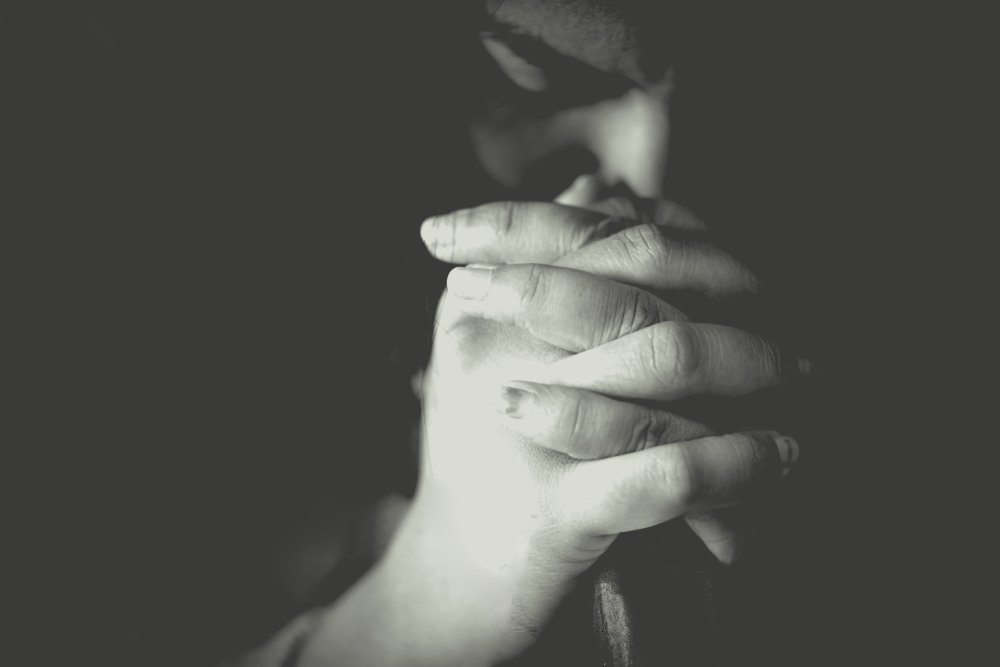In the realm of human experience, the vicissitudes that one faces often seem relentless and arbitrary, cloaked in the ashen veil of suffering. However, within the Bahá’í teachings lies a profound revelation: trials are not merely to be endured; they serve as invigorating catalysts for spiritual development. The concept of “Training Through Trials” encapsulates an intricate philosophy that posits suffering as a crucible, shaping the soul and imparting purpose amidst calamity.
To embark on an exploration of this theme, it is imperative first to understand the Bahá’í view of the human condition. Humanity, as envisaged in Bahá’í doctrine, is akin to a tree whose roots delve deep into the rich soil of creation. The blossoms of this tree, representing personal growth and spiritual fulfillment, cannot flourish without the nourishment provided by trials—those storms of adversity that test resilience and fortitude. Such trials can range from personal afflictions, such as loss or disillusionment, to societal tribulations, including injustice and conflict.
In contemplating the purpose of suffering, one might draw a comparison to a sculptor chipping away at a block of marble. Each blow of the chisel may seem violent and damaging, yet, in the skilled hands of the artist, it is a transformative process. The rough stone metamorphoses into a magnificent statue, embodying beauty and grace. Thus, suffering serves as both a destructive force and a creative one, offering the potential for regeneration and enlightenment.
In Bahá’í thought, suffering is inherently linked to the soul’s journey towards perfection. This notion is intricately woven into the tapestry of human existence. Each trial presents an opportunity for introspection and growth. Just as the phoenix rises majestically from the ashes, so too does the spirit ascend to heightened realms of understanding through the acknowledgment and acceptance of adversity.
Central to this discourse is the concept of the divine purpose embedded within trials. Bahá’ís believe that God does not desire for His creation to wallow in despair; rather, suffering is imbued with meaning and serves as a profound teacher. The adversity faced is often considered a means to cultivate virtues such as patience, humility, compassion, and endurance. It fosters an appreciation for the joys and blessings that life offers and strengthens one’s character.
Moreover, communal and individual trials are seen as interconnected. The Bahá’í teachings stress the importance of unity, and through shared experiences of suffering, individuals can forge bonds of empathy and solidarity. Through this lens, adversity transforms into a shared experience that not only enhances personal growth but also fortifies the fabric of community. This interdependence echoes the teachings of Bahá’u’lláh, who emphasized the oneness of humanity and the vital role of collective experience in spiritual evolution.
As one traverses the landscape of suffering, the importance of perspective cannot be overstated. The Bahá’í teachings advocate for an optimistic outlook, encouraging individuals to view trials as opportunities for divine assistance and personal transformation. This perspective can be likened to navigating a labyrinth. While the twisting pathways may lead to heavy shadows and uncertainties, the ultimate exit reveals a greater understanding of oneself and a profound connection to the Divine.
Additionally, the concept of resilience, as illustrated in Bahá’í writings, further elucidates the nature of suffering. It is posited that enduring trials with grace and faith cultivates an inner strength akin to that of a fortified fortress, impervious to the winds of misfortune. Resilience nurtures hope and fosters tranquility within the soul, creating an unshakeable foundation upon which the individual can stand firm during turbulent times.
Importantly, the Bahá’í perspective does not advocate for the trivialization of suffering nor the imposition of undue hardship upon oneself or others. Rather, it emphasizes a balanced approach that acknowledges pain as an integral part of life while simultaneously striving to transcend it through spiritual exercises, prayer, and acts of service. Thus, personal trials become a springboard for altruistic endeavors, enabling individuals to extend compassion to others navigating their own storms.
The rich tapestry of Bahá’í teachings invites individuals to engage deeply with their suffering. It encourages the exploration of spiritual texts, community support, and collective healing, fostering an atmosphere where individuals can find solace and understanding amidst their trials. The practice of reflection, particularly within the context of prayer and meditation, serves as a sanctuary where the soul can find clarity and purpose within the noise of adversity.
In conclusion, the Bahá’í understanding of “Training Through Trials” profoundly reframes the narrative surrounding suffering. It transforms the experience from an isolated anguish to a shared journey of growth, resilience, and ultimate transcendence. Through the lens of this philosophy, suffering becomes not an end but a means to a more profound and richer existence. By embracing trials as opportunities for spiritual training, the individual not only navigates their own storm but also contributes to the overall upliftment of humanity—a reminder that within every shadow lies an opportunity for illumination.
